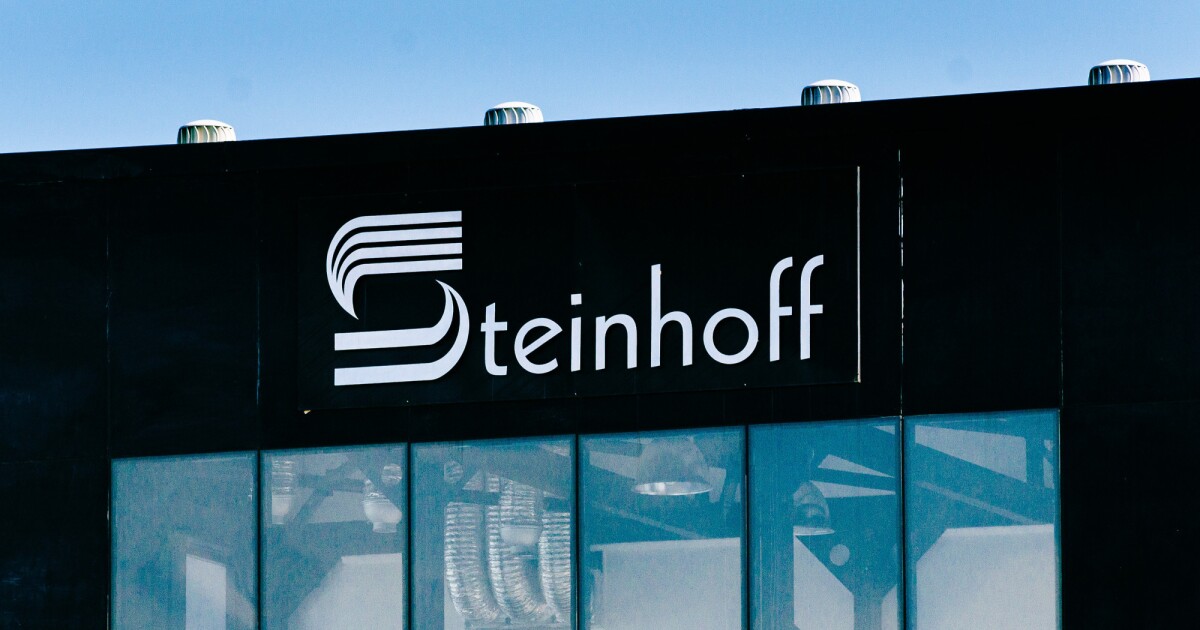Artificial intelligence is just getting started in the accounting world, but it is already helping firms like technology specialist Schellman do more things with fewer people, allowing the firm to scale back hiring and reduce headcount in certain areas through natural attrition.
Schellman CEO Avani Desai said there have definitely been some shifts in headcount at the Top 100 Firm, though she stressed it was nothing dramatic, as it mostly reflects natural attrition combined with being more selective with hiring. She said the firm has already made an internal decision to not reduce headcount in force, as that just indicates they didn’t hire properly the first time.
“It hasn’t been about reducing roles but evolving how we do work, so there wasn’t one specific date where we ‘started’ the reduction. It’s been more case by case. We’ve held back on refilling certain roles when we saw opportunities to streamline, especially with the use of new technologies like AI,” she said.
One area where the firm has found such opportunities has been in the testing of certain cybersecurity controls, particularly within the SOC framework. The firm examined all the controls it tests on the service side and asked which ones require human judgment or deep expertise. The answer was a lot of them. But for the ones that don’t, AI algorithms have been able to significantly lighten the load.
“[If] we don’t refill a role, it’s because the need actually has changed, or the process has improved so significantly [that] the workload is lighter or shared across the smarter system. So that’s what’s happening,” said Desai.
Outside of client services like SOC control testing and reporting, the firm has found efficiencies in administrative functions as well as certain internal operational processes. On the latter point, Desai noted that Schellman’s engineers, including the chief information officer, have been using AI to help develop code, which means they’re not relying as much on outside expertise on the internal service delivery side of things. There are still people in the development process, but their roles are changing: They’re writing less code, and doing more reviewing of code before it gets pushed into production, saving time and creating efficiencies.
“The best way for me to say this is, to us, this has been intentional. We paused hiring in a few areas where we saw overlaps, where technology was really working,” said Desai.
However, even in an age awash with AI, Schellman acknowledges there are certain jobs that need a human, at least for now. For example, the firm does assessments for the FedRAMP program, which is needed for cloud service providers to contract with certain government agencies. These assessments, even in the most stable of times, can be long and complex engagements, to say nothing of the less predictable nature of the current government. As such, it does not make as much sense to reduce human staff in this area.
“The way it is right now for us to do FedRAMP engagements, it’s a very manual process. There’s a lot of back and forth between us and a third party, the government, and we don’t see a lot of overall application or technology help… We’re in the federal space and you can imagine, [with] what’s going on right now, there’s a big changing market condition for clients and their pricing pressure,” said Desai.
As Schellman reduces staff levels in some places, it is increasing them in others. Desai said the firm is actively hiring in certain areas. In particular, it’s adding staff in technical cybersecurity (e.g., penetration testers), the aforementioned FedRAMP engagements, AI assessment (in line with recently becoming an ISO 42001 certification body) and in some client-facing roles like marketing and sales.
“So, to me, this isn’t about doing more with less … It’s about doing more of the right things with the right people,” said Desai.
While these moves have resulted in savings, she said that was never really the point, so whatever the firm has saved from staffing efficiencies it has reinvested in its tech stack to build its service line further. When asked for an example, she said the firm would like to focus more on penetration testing by building a SaaS tool for it. While Schellman has a proof of concept developed, she noted it would take a lot of money and time to deploy a full solution — both of which the firm now has more of because of its efficiency moves.
“What is the ‘why’ behind these decisions? The ‘why’ for us isn’t what I think you traditionally see, which is ‘We need to get profitability high. We need to have less people do more things.’ That’s not what it is like,” said Desai. “I want to be able to focus on quality. And the only way I think I can focus on quality is if my people are not focusing on things that don’t matter … I feel like I’m in a much better place because the smart people that I’ve hired are working on the riskiest and most complicated things.”


 Personal Finance1 week ago
Personal Finance1 week ago
 Economics1 week ago
Economics1 week ago
 Economics1 week ago
Economics1 week ago
 Blog Post1 week ago
Blog Post1 week ago
 Economics1 week ago
Economics1 week ago
 Economics7 days ago
Economics7 days ago
 Economics1 week ago
Economics1 week ago
 Personal Finance5 days ago
Personal Finance5 days ago











